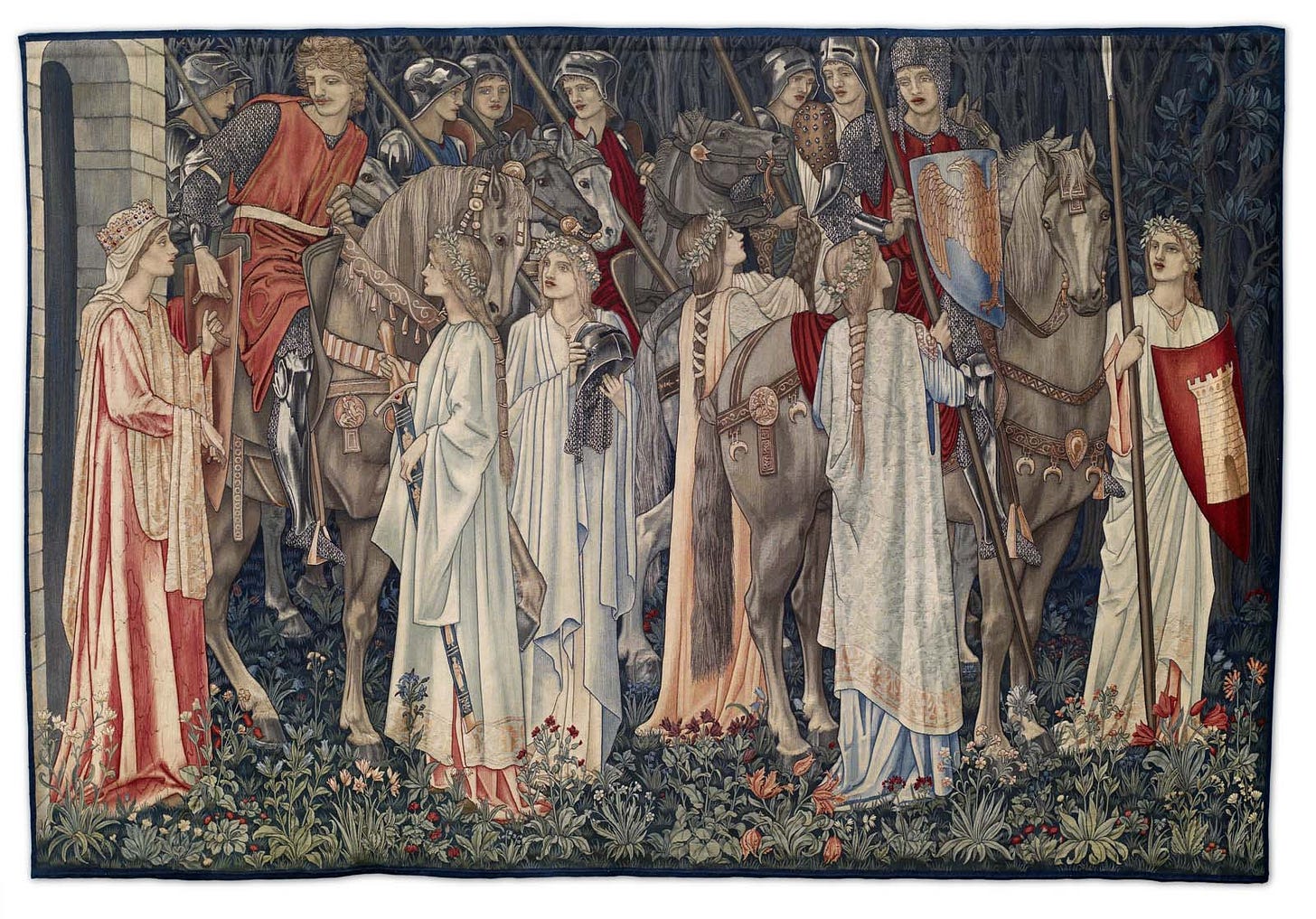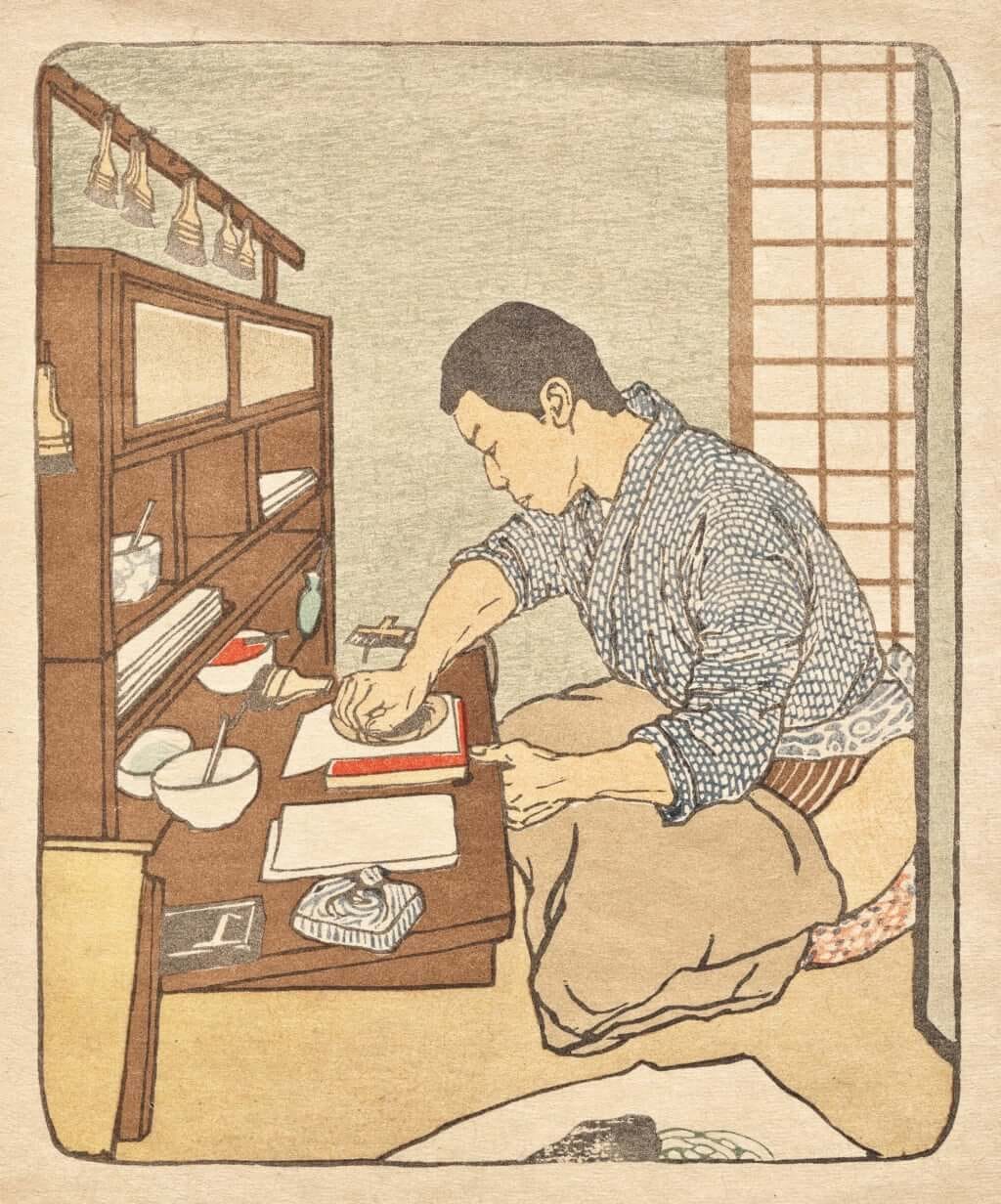Skillful Notes
Welcome to Skillful Notes, a research project about how people, organizations, countries, and civilizations build competence.
Why write Skillful Notes?
There is an increasing anxiety about our ability to do things. At a micro scale we worry that our technology is making us scattered, anxious, and unable to do deep or meaningful work. At a macro scale there are fears around atrophying state capacity. This is coupled with a general sense that we are facing a kind of competency crisis we may not be prepared for.
More prosaically, but also more practically, everyone is interested in the question of how they can get better at doing the things they care about.
Skillful Notes is a project to understand how it is we become able to do things.
We'll explore this through essays, case studies, discussion of specific heuristics, breakdowns of competing theories, book reviews and more.
In the upcoming weeks you can expect to see episodes on:
The power of the apprenticeship model and the role it played in developing the foundational competencies needed for the industrial revolution
How the Bauhaus cracked the code to create an artistic revolution, the modern skyscraper, Steve Jobs, and gen z internet speak
The opportunities and dangers of video games as a new landscape for skill acquisition
How France went from being a nuclear energy laggard to the undisputed world leader
And more...
Over time the aim is for these notes to become a collection somewhere between IDEO’s field guide to human-centered design, Farnam Street’s Mental Models, and the Bismarck Brief’s case studies. A toolkit of data, theories, and stories that we can use to help us become more capable.
This project was born out of admiration for Construction Physics, Contrary Research, Statecraft, and other related works. Philosophically it owes a lot to the work of Matthew Crawford, Christopher Alexander, Ralph Waldo Emerson, and the Pragmatists. It also comes with great admiration for Justin McDaniel, Joe Norman, Adam Robbert, Simon Sarris, and Patrick Collison. Each in their own way.
If we can can improve our understanding of how we get better we stand to gain more than we know. Not only will our increased capacity help us to create a society that is characterized by progress, creativity, and abundance but we may even find spiritual peace.
“The satisfactions of manifesting oneself concretely in the world through manual competence have been known to make a man quiet and easy. They seem to relieve him of the felt need to offer chattering interpretations of himself to vindicate his worth. He can simply point: the building stands, the car now runs, the lights are on…”
This quote comes from Matthew Crawford’s book The World Beyond Your Head and it describes the feelings that follow from physically creating something. However, the experience it evokes is something that follows competence wherever it is expressed. Here is another angle of approach from Ralph Waldo Emerson:
“God will not have his work made manifest by cowards. A man is relieved and gay when he has put his heart into his work and done his best; but what he has said or done otherwise, shall give him no peace. It is a deliverance which does not deliver.”
I cannot promise that every essay will be perfect but I can say you should find at least one idea each week that will help you, and your communities, on your journey towards competence. And, I will always be aimed at getting better.
If you ever have any comments, questions or ideas please reach out! My DMs on Substack are open or you can feel free to email me at ben@skillfulnotes.com
You can also follow this project on X @skillfulnotes_
I hope that you will consider subscribing.

Skillful Notes is a project by Benjamin Parry. If you’re interested in my less focussed musings you can check out my personal newsletter: Ben Parry's Newsletter
If you like pictures of Toronto and occasional ideas shot from the hip about religion, cities, policy, complexity science and other assorted topics you can follow me on X
A note on aesthetics
The brand for Skillful Notes was developed by Jacob Channen. You can reach out to him at j@jakechannen.ca
When we were working on it these were some of the aesthetic references:







